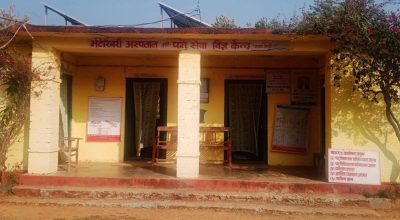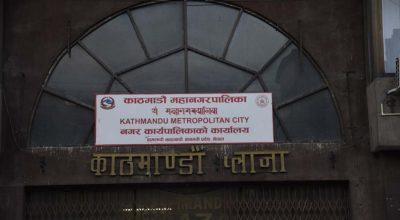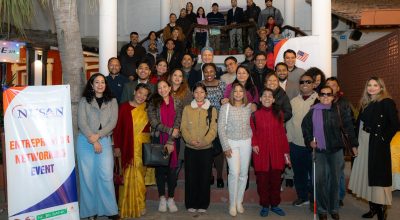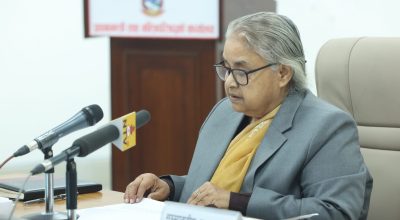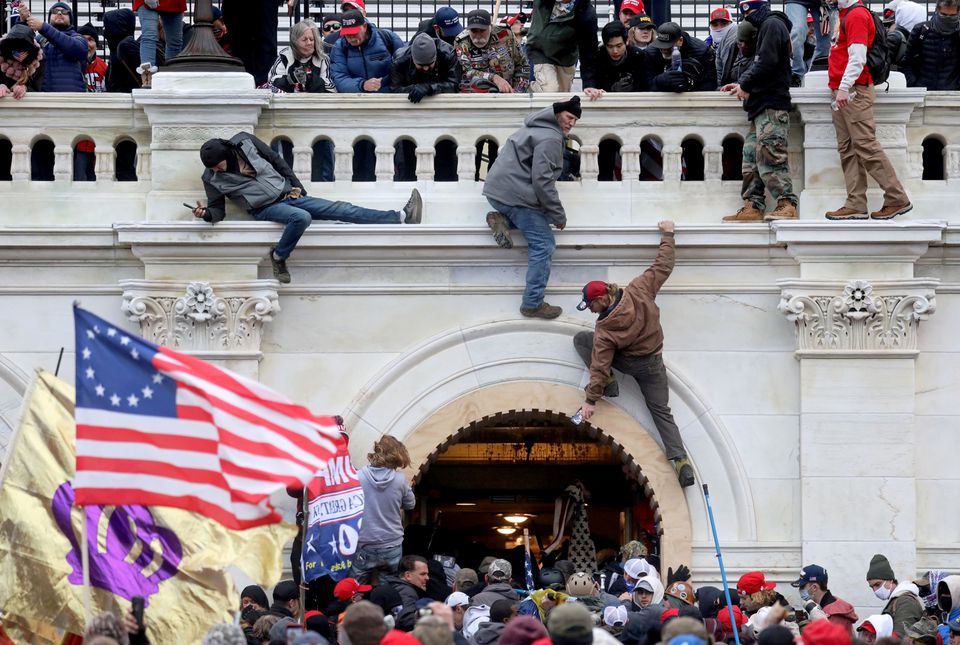
Particularly since 1945, the US administration has been lecturing other countries to promote democracy and human rights. Ironically, its own fault to manage internal chaos and addressing people’s general issues has made its democracy ridiculous. Problems with delivery, insecurity, racism, inter-parties conflict, and other so many pertinent issues are demanding huge operation within American democracy. A section of political scientists is requesting American major politicians first to make the country safe for people, and then only talk about democracy outside. But the opposite is happening. Increasing internal chaos and mounting social security issues are demonstrating huge default on US democracy, and people are asking for great operation in the political system.
Republican primaries are being funded by Democrats in an effort to nominate more contestable candidates. In opposition to immigration policy, Republicans are delivering migrants to cities with Democratic mayors. Both sides are gerrymandering their districts to gain the upper hand. While Paul Pelosi, the husband of U.S. House Speaker Nancy Pelosi, was assaulted at home, former President Donald Trump was the subject of an FBI investigation.
This seemingly never-ending political drama before and after of the midterm elections in the US has exposed the unpleasant truth of American democracy: elections are just political plays that deceive the electorate. In reality, the so-called democracy is a power and money game.
The United States has traditionally praised elections as being the essence of democracy. The Democratic Party and the Republican Party are the two major parties in the US electoral system, which is a two-party system.
Due to the system’s escalation of partisan conflict, there is now political polarization and extremism all over the nation. Unresolved concerns that affect the welfare of the American people, such as gun violence, abortion rights, inflation, COVID-19 and monkeypox epidemics, continue to exist in the constant struggle. The two parties’ aberrant rivalry has nothing to do with the true concerns of the American people, who are growing more and more dissatisfied with Washington’s elite circles.
According to a Quinnipiac University poll conducted in August, 67 percent of Democratic and Republican respondents believe that American democracy is in jeopardy. When the United States was founded more than 200 years ago, it decided to practice representative democracy, which is how the U.S. Electoral College came into being. The New York Times called the system “unfair from the start.”
The phrase “all men are created equal” from the U.S. Declaration of Independence is paradoxical when viewed historically, given how white men have disproportionately strong privileges in the country.
With the passage of the 19th Amendment in 1920, white women received the legal right to vote. Native Americans did not receive citizenship until 1924, and it took until 1962 for all states to formally recognize their right to vote. Although African Americans were granted the right to vote in 1870, it wasn’t until the civil rights movement of the 1960s that this right was completely fulfilled. Even now, it is difficult for poor African Americans to cast a ballot. Americans’ rights to vote and run for office today seem to give them more power. However, a very small number of people effectively control the American electoral system. Ethnic minorities are still significantly underrepresented in Congress, and there is still a clear disparity between the demographic makeup of the country and Congress.
Gerrymandering is a common American practice of political manipulation of electoral district lines to provide a party, faction, or socioeconomic class an unfair advantage within the electorate. The population census results are used to redistrict congressional districts in the United States once every ten years, which presents a chance for the state’s ruling party to gain an edge.
Inequity is pervasive in the American voting process. 34 restrictive voting laws have been passed by 18 U.S. states since 2021, according to research released in May by the Brennan Center for Justice of New York University. These policies may disproportionately harm voters of color.
Professor Louis Menand of Harvard University stated that American democracy was never assumed to be democratic in an opinion piece that was published in the New Yorker in August.
Candidates in elections conducted in the American model must spend a fortune to increase their influence. A lot of money is needed to hold elections, start advertising campaigns, and distribute publicity materials. In the United States, elections have evolved into power and financial exchange, with the voting process serving as a front to strengthen capitalists.
Following the Supreme Court’s decisions in 2010 and 2014, which overturned finance restrictions and allowed corporations and other outside groups to spend an unlimited amount of money on elections, money has a greater influence over American politics. Jimmy Carter, a former President of the United States, once acknowledged that the country is an oligarchy rather than a democracy.
More harmful is the “revolving door” that permeates American society. Many American politicians and high-ranking officials come from the corporate world, and many go back to private practice for lucrative positions after leaving the office or resigning. Some even use their previous experience in government to launch their own businesses that provide consulting or lobbying services.
Gary Younge, a professor of sociology at the University of Manchester, once said that money has a significant impact on American politics. No matter who you vote for in American elections, money always prevails, the author stated. In his historic Gettysburg Address, then-U.S. President Abraham Lincoln described the government: the system by the people, for the people and, of the people” as the model democratic government for the United States.
There should be special political operations within the US democracy. It has many defaults, which have been creating multiple crisis since the time of American independence. Few people are controlling US politics, and they have ignored the rights, dignity and respect of the rest of the people. Actually, now the US is not in a position to lecture other countries about democracy, civil rights and press freedom. More problems are within American flawed democracy, and it is a source of internal chaos and hurdles. Until and unless the US clean up its own political flaws, it won’t be in a position to deliver a lecture of democracy to other countries.







